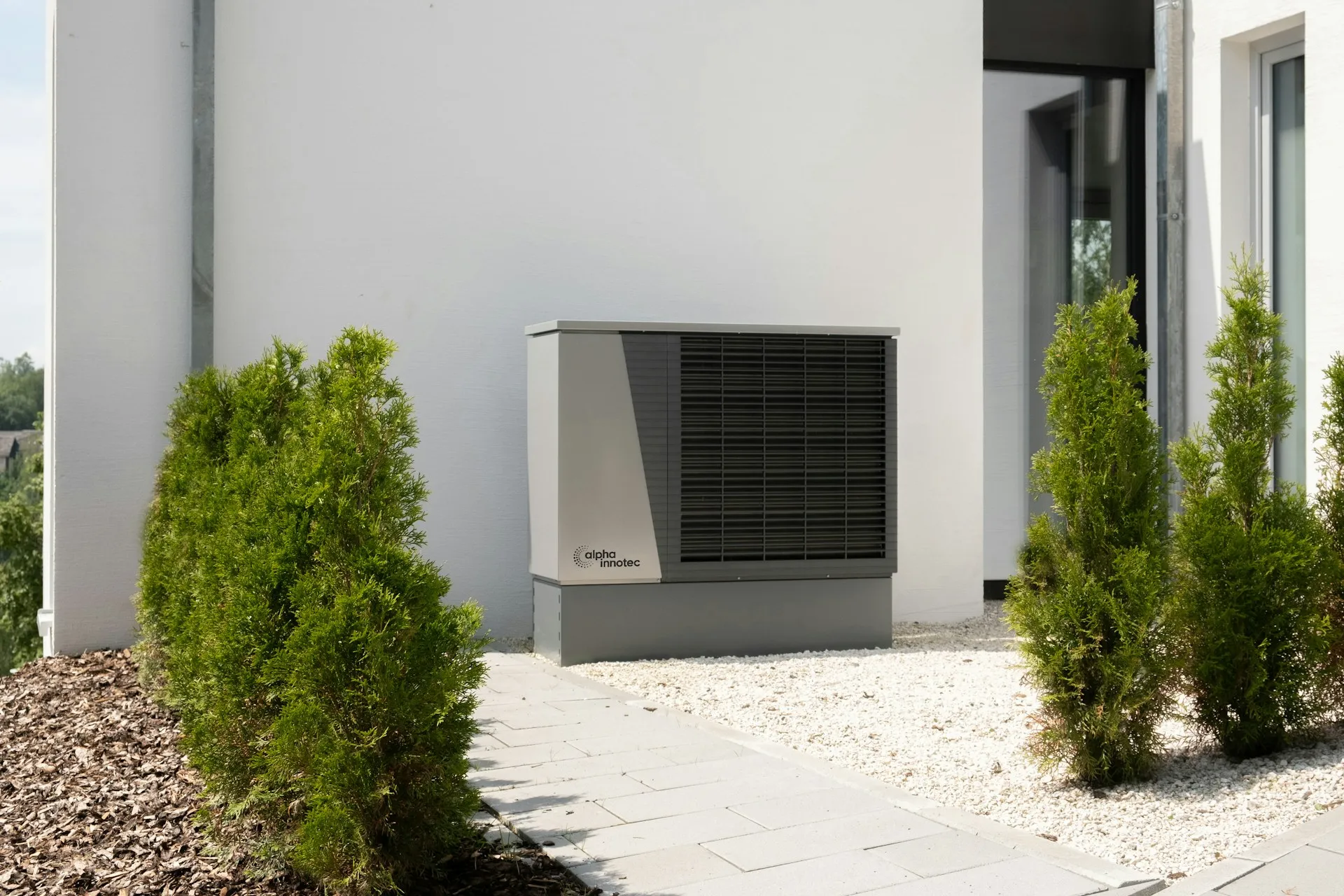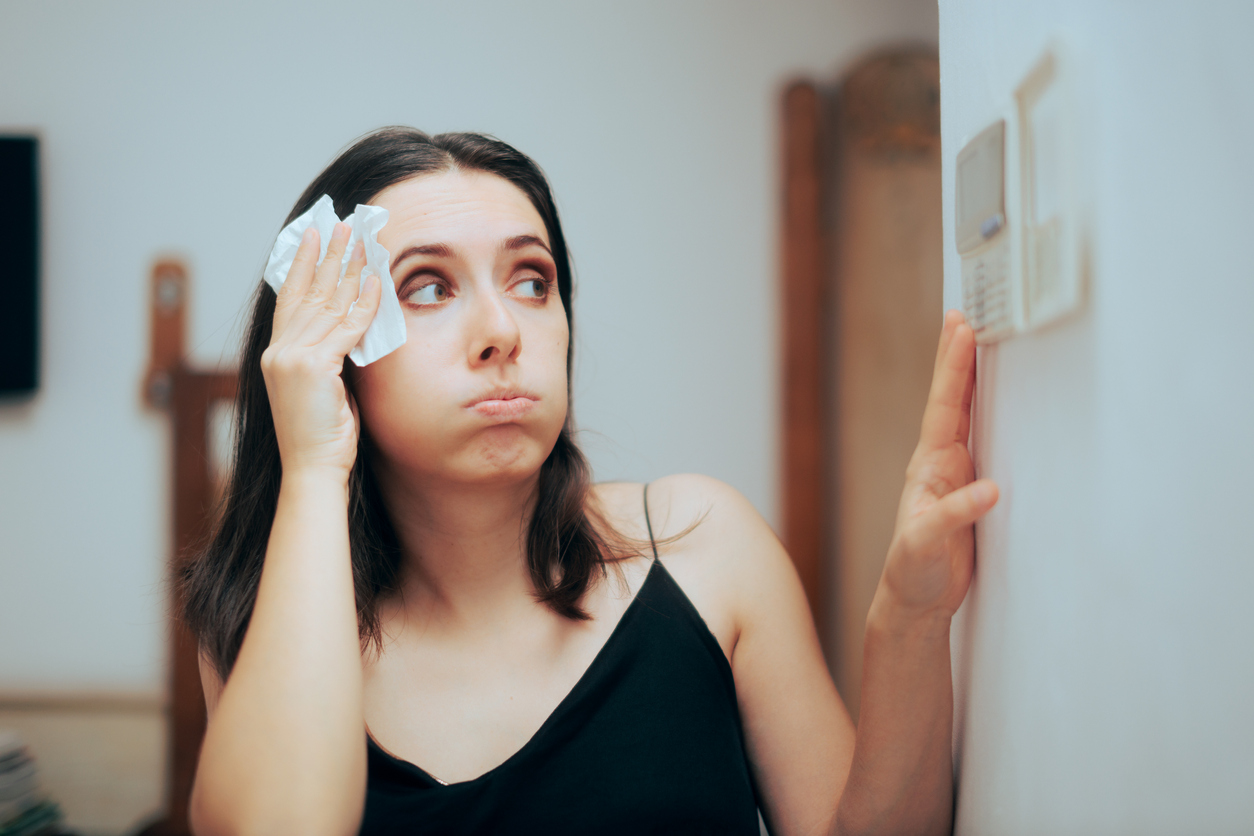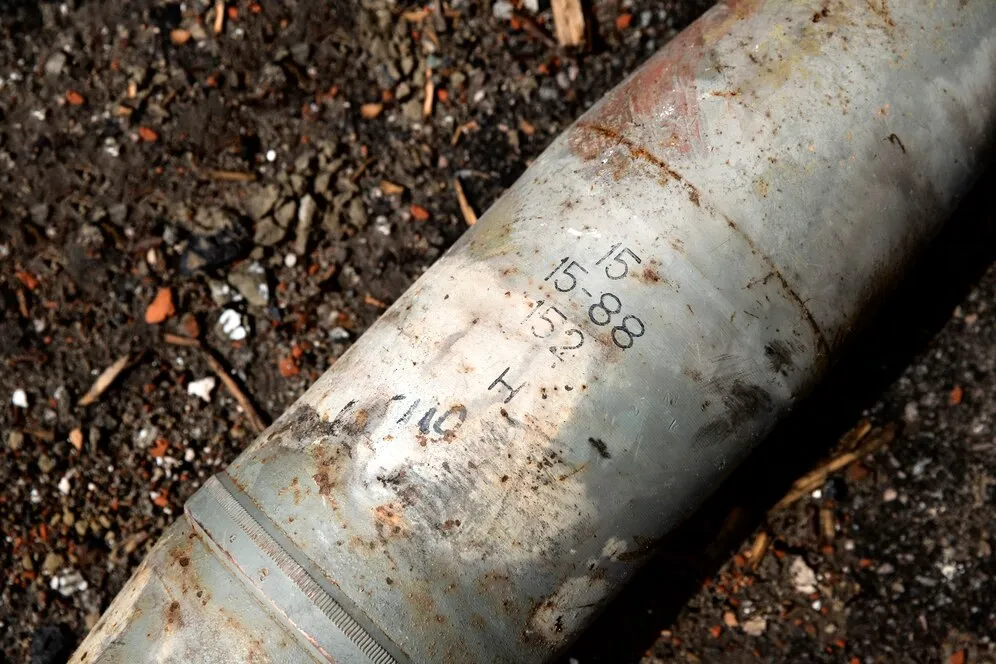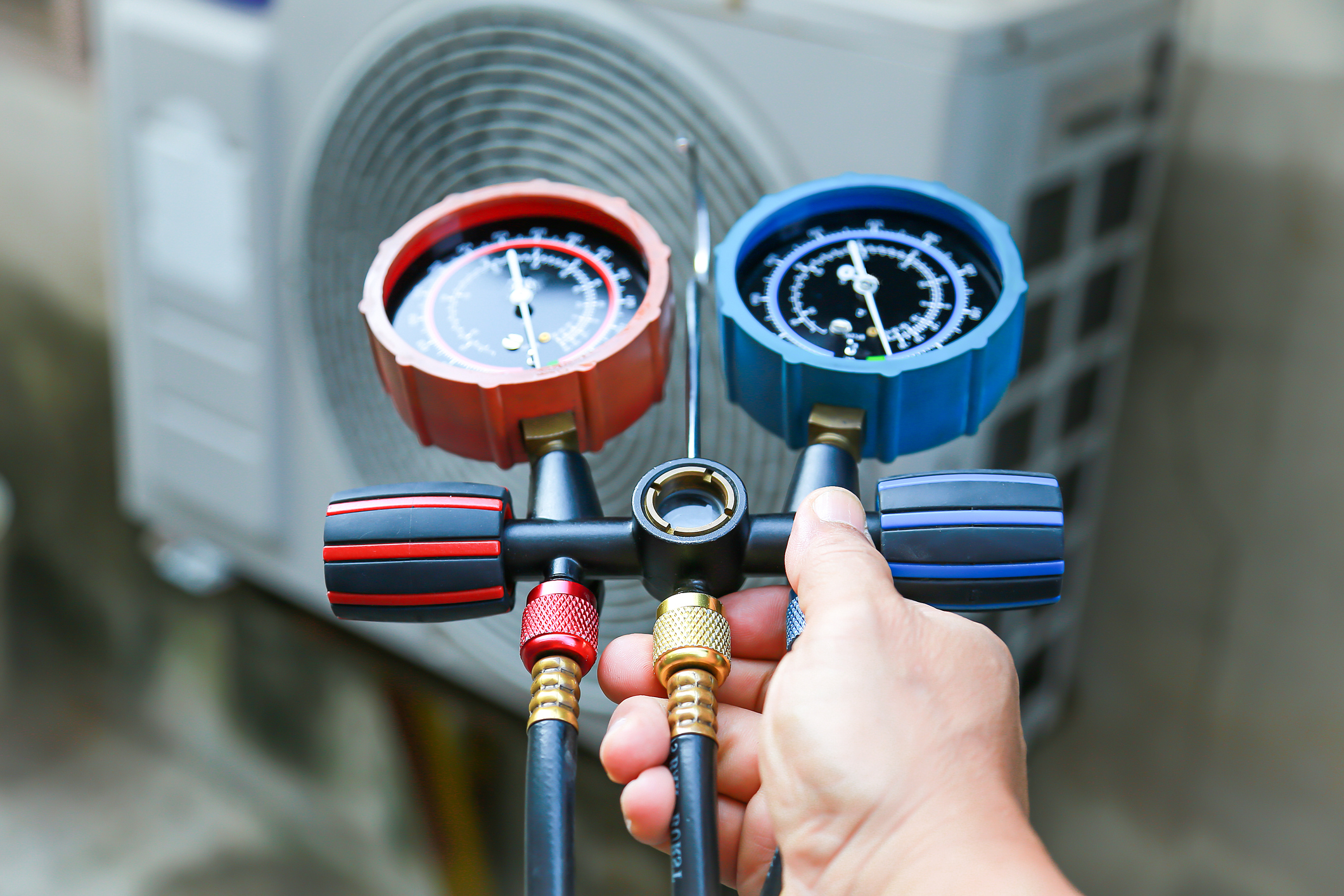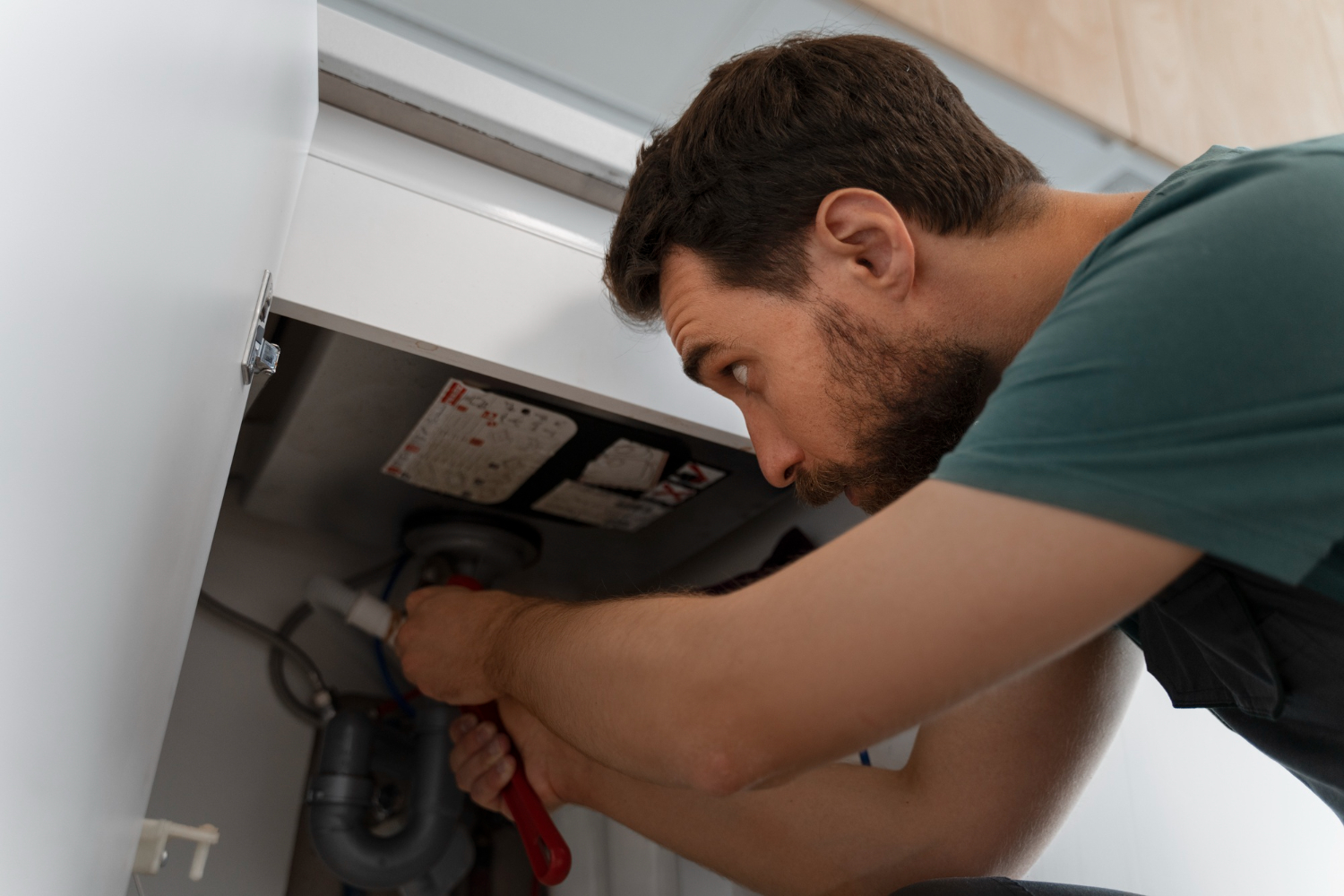Heat pump systems are vital for maintaining a comfortable home environment. They efficiently provide both heating and cooling, making them a popular choice for many homeowners. However, like any complex system, heat pumps require regular maintenance to operate at their best. Neglecting this crucial upkeep can lead to reduced efficiency, higher energy bills, and even system failures.
Understanding Heat Pump Systems
Heat pump systems are a vital component of modern HVAC solutions, offering both heating and cooling capabilities in a single unit. Unlike traditional systems that create heat, heat pumps transfer heat from one place to another. This makes them highly efficient and versatile.
There are two main types of heat pump systems: air-source and ground-source (or geothermal). Air-source heat pumps extract heat from the air, while ground-source heat pumps pull heat from the ground. Both types work on the principle of heat transfer, utilizing a refrigerant to move heat into or out of your home. This method is energy-efficient and environmentally friendly, making heat pump systems a popular choice for homeowners looking to reduce their carbon footprint.
Understanding how these systems work and their different components can help you appreciate the importance of regular maintenance. It ensures the system remains efficient and extends its lifespan, all while maintaining a comfortable indoor environment.
Benefits of Preventative Maintenance
Preventative maintenance for heat pump systems offers numerous benefits, primarily in terms of efficiency, cost savings, and longevity. One of the main advantages is improved energy efficiency. Regular maintenance ensures that all components are functioning optimally, reducing the amount of energy required to heat or cool your home. This not only lowers your energy bills but also minimizes your carbon footprint.
Another significant benefit is reduced repair costs. By identifying and addressing minor issues early, you can prevent them from developing into major problems that require costly repairs or even system replacement. Preventative maintenance also extends the life of your heat pump system. Well-maintained units can last significantly longer than neglected ones, providing reliable service for many years.
Finally, regular maintenance improves indoor air quality. Clean filters and properly functioning components ensure that the air circulating in your home is clean and free from contaminants. This is particularly important for households with individuals who have allergies or respiratory issues.
Key Components of a Heat Pump System
Understanding the key components of a heat pump system can help you appreciate the complexity and importance of regular maintenance. Each part plays a crucial role in the system’s overall performance and efficiency.
- Compressor: The compressor is the heart of the heat pump system. It circulates the refrigerant between the indoor and outdoor units. Keeping the compressor in good condition is essential for the system’s efficiency.
- Condenser Coils: These coils are located in the outdoor unit and release heat absorbed from your home. Clean coils are vital for effective heat transfer.
- Evaporator Coils: Located in the indoor unit, the evaporator coils absorb heat from indoor air. Regular cleaning prevents blockages and maintains efficiency.
- Reversing Valve: This component allows the heat pump to switch between heating and cooling modes. Ensuring that it functions properly is essential for year-round comfort.
- Air Filters: Filters trap dust, dirt, and other contaminants, keeping the air clean. Regular cleaning or replacement of filters is crucial for maintaining air quality and system performance.
Knowing these components and their functions highlights the importance of each maintenance task, ensuring your heat pump system runs smoothly and efficiently.
Regular Inspection Checkpoints
Regular inspections are a crucial aspect of preventative maintenance for heat pump systems. By routinely checking specific components, you can identify potential problems before they become major issues. Here are some key checkpoints to consider during inspections:
- Visual Inspection: Start with a visual inspection of the entire system. Look for any obvious signs of damage or wear, such as rust, corrosion, or leaks.
- Electrical Connections: Check all electrical connections to ensure they are tight and secure. Loose or frayed wires can lead to electrical malfunctions and reduced efficiency.
- Thermostat Settings: Verify that the thermostat is functioning correctly and set to the appropriate temperature. An improperly calibrated thermostat can cause the system to run inefficiently.
- Refrigerant Levels: Low refrigerant levels can significantly impact the system’s performance. Check for proper levels and look for signs of refrigerant leaks.
- Drainage System: Inspect the condensate drain and pan for blockages or damage. Proper drainage prevents water damage and mold growth.
A thorough and regular inspection routine helps maintain the efficiency and reliability of your heat pump system, preventing costly repairs and extending the unit’s lifespan.
Seasonal Maintenance Tasks
Conducting seasonal maintenance tasks for your heat pump systems ensures they are ready to handle the changing demands of each season. A little preparation can make a significant difference in performance and efficiency.
Spring and Summer Maintenance:
- Clean Outdoor Unit: Remove any debris like leaves or twigs from the outdoor unit. Ensure the area around the unit is clear to allow proper airflow.
- Check Refrigerant Levels: Confirm that the refrigerant levels are adequate. Low levels can reduce efficiency and cooling capacity.
- Inspect Ductwork: Look for leaks or blockages in the ductwork. Proper airflow is crucial for efficient cooling.
Fall and Winter Maintenance:
- Inspect Insulation: Verify that the insulation around refrigerant lines is intact. This helps maintain the system’s efficiency during colder months.
- Test the Defrost Cycle: Make sure the defrost function is working correctly to prevent ice buildup on the outdoor unit.
- Clean and Clear Vents: Ensure all indoor vents are clean and unobstructed for optimal heating performance.
Seasonal maintenance helps prevent unexpected breakdowns and ensures your heat pump operates efficiently year-round.
Cleaning and Replacing Air Filters
Maintaining clean air filters is one of the simplest yet most effective ways to ensure your heat pump systems run efficiently. Dirty filters can restrict airflow, making the system work harder to maintain the desired temperature, which can lead to increased energy consumption and wear on the system.
- Frequency: Check air filters monthly and replace or clean them at least every three months. During peak seasons, such as winter and summer, more frequent checks might be necessary.
- Types of Filters: Different heat pump systems use different types of filters. Identify whether your system uses disposable or reusable filters. Disposable filters should be replaced, while reusable ones can be washed and reinstalled.
- Cleaning Process: For reusable filters, remove the filter and gently wash it with soapy water. Rinse thoroughly and allow it to dry completely before reinstalling.
Regularly cleaning and replacing air filters not only improves the efficiency of your heat pump system but also enhances indoor air quality, providing a healthier environment for your family.
Importance of Lubricating Moving Parts
Lubricating the moving parts of your heat pump system is essential for reducing friction and ensuring smooth operation. Components such as the motor, fan, and other mechanical parts can wear out quickly if not properly lubricated, leading to system malfunctions and costly repairs.
- Scheduled Lubrication: Make it a habit to lubricate the moving parts at least once a year. Refer to the manufacturer’s guidelines for specific recommendations on which parts require lubrication and the type of lubricant to use.
- Lubrication Points: Key areas that often need lubrication include the fan motor, blower motor, and any other moving parts specified by the manufacturer. Proper lubrication helps these components operate smoothly, reducing noise and improving overall efficiency.
- Professional Assistance: While lubricating parts may seem straightforward, it’s important to ensure it’s done correctly. Our professionals can handle the lubrication process as part of a comprehensive maintenance routine, ensuring all components are properly cared for.
Proper lubrication reduces wear and tear, enhances performance, and prolongs the life of your heat pump system, making it a crucial aspect of preventative maintenance.
Checking and Adjusting Thermostats
The thermostat is the control center for your heat pump system, regulating the temperature to maintain comfort in your home. Ensuring that it is functioning correctly is vital for optimal system performance.
- Accuracy Check: Periodically check the accuracy of your thermostat by comparing its reading with an indoor thermometer. If there is a discrepancy, recalibrate the thermostat according to the manufacturer’s instructions.
- Programmable Thermostats: If you have a programmable thermostat, ensure the settings are appropriate for your household’s schedule and preferences. Adjust the program to optimize energy usage, such as setting different temperatures for when you’re home, away, or sleeping.
- Battery Replacement: For battery-operated thermostats, replace the batteries at least once a year to prevent system interruptions. Low batteries can cause the thermostat to malfunction, leading to inefficient system operation.
Regular checks and adjustments to your thermostat help maintain the desired indoor temperature efficiently, ensuring your heat pump system operates effectively and keeps your home comfortable.
Inspecting Electrical Connections
Ensuring the electrical connections in your heat pump system are secure and functioning properly is a crucial part of maintenance. Faulty or loose connections can lead to system failures or even pose safety hazards. Here’s what to focus on:
- Check for Loose Wires: Inspect all wiring and connections for signs of looseness or wear. Loose wires can cause intermittent operation and pose a safety risk.
- Look for Corrosion or Damage: Examine connectors for corrosion or damage. Corrosion can impede the flow of electricity, affecting system performance.
- Inspect Circuit Breakers and Fuses: Ensure circuit breakers and fuses are in good condition. Replace any that look burnt or damaged.
By regularly inspecting electrical connections, you can prevent many common issues and keep your heat pump system running efficiently.
Signs Your Heat Pump Needs Professional Attention
Recognizing when your heat pump needs professional attention can save you from costly repairs and ensure your system runs efficiently. Here are some signs to watch for:
- Unusual Noises: Grinding, squealing, or other unusual noises indicate mechanical issues that require immediate attention.
- Inconsistent Temperatures: If your heat pump struggles to maintain consistent temperatures, it may need servicing.
- Increased Energy Bills: A sudden rise in energy costs often signals inefficiency in your heat pump system.
- Frequent Cycling: If your heat pump is turning on and off more frequently than usual, it may have an underlying problem.
- Visible Leaks: Any signs of fluid around the unit can point to refrigerant leaks or other issues needing professional repair.
Contacting our professionals at the first sign of trouble can help you avoid more severe problems in the future.
Long-Term Benefits of Preventative Maintenance
Engaging in regular preventative maintenance for your heat pump system yields several long-term benefits. These benefits not only enhance system performance but also provide peace of mind.
- Extended Lifespan: Regular maintenance helps to identify and fix small issues before they become big problems, extending the lifespan of your heat pump.
- Improved Efficiency: A well-maintained system operates more efficiently, reducing energy consumption and lowering utility bills.
- Fewer Breakdowns: Preventative maintenance minimizes the risk of unexpected breakdowns, ensuring your home remains comfortable year-round.
- Better Air Quality: Regularly cleaned and maintained systems provide better air quality by filtering out dust, pollen, and other pollutants.
- Cost Savings: While maintenance has an upfront cost, it prevents expensive repairs and replacements in the long run.
By keeping up with regular maintenance, you ensure that your heat pump system operates effectively and efficiently for many years.
Why Choose Us for Your Heat Pump Maintenance
Maintaining a reliable and efficient heat pump system is essential for home comfort. By focusing on inspecting electrical connections, recognizing when professional help is needed, and understanding the long-term benefits of preventative maintenance, you can keep your heat pump in excellent condition. These practices prevent breakdowns, enhance efficiency, and extend the lifespan of the system.
EnviroSafe Plumbing, Heating, Air Conditioning, Water Treatment is your trusted partner for all heat pump maintenance needs. Our experienced professionals are dedicated to providing thorough and reliable service, ensuring your system runs smoothly and efficiently.
Don’t wait for a minor issue to turn into a major problem. Schedule your heat pump maintenance with us today and experience the benefits of a well-maintained heating and cooling system. Contact us now to keep your home comfortable and your heat pump system in Egg Harbor Township, NJ, operating at its best.


